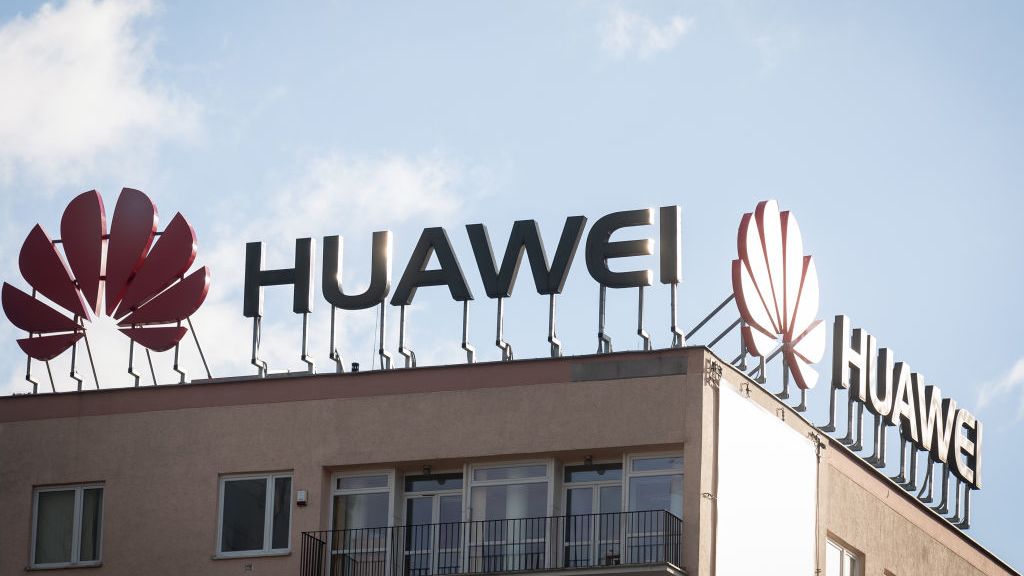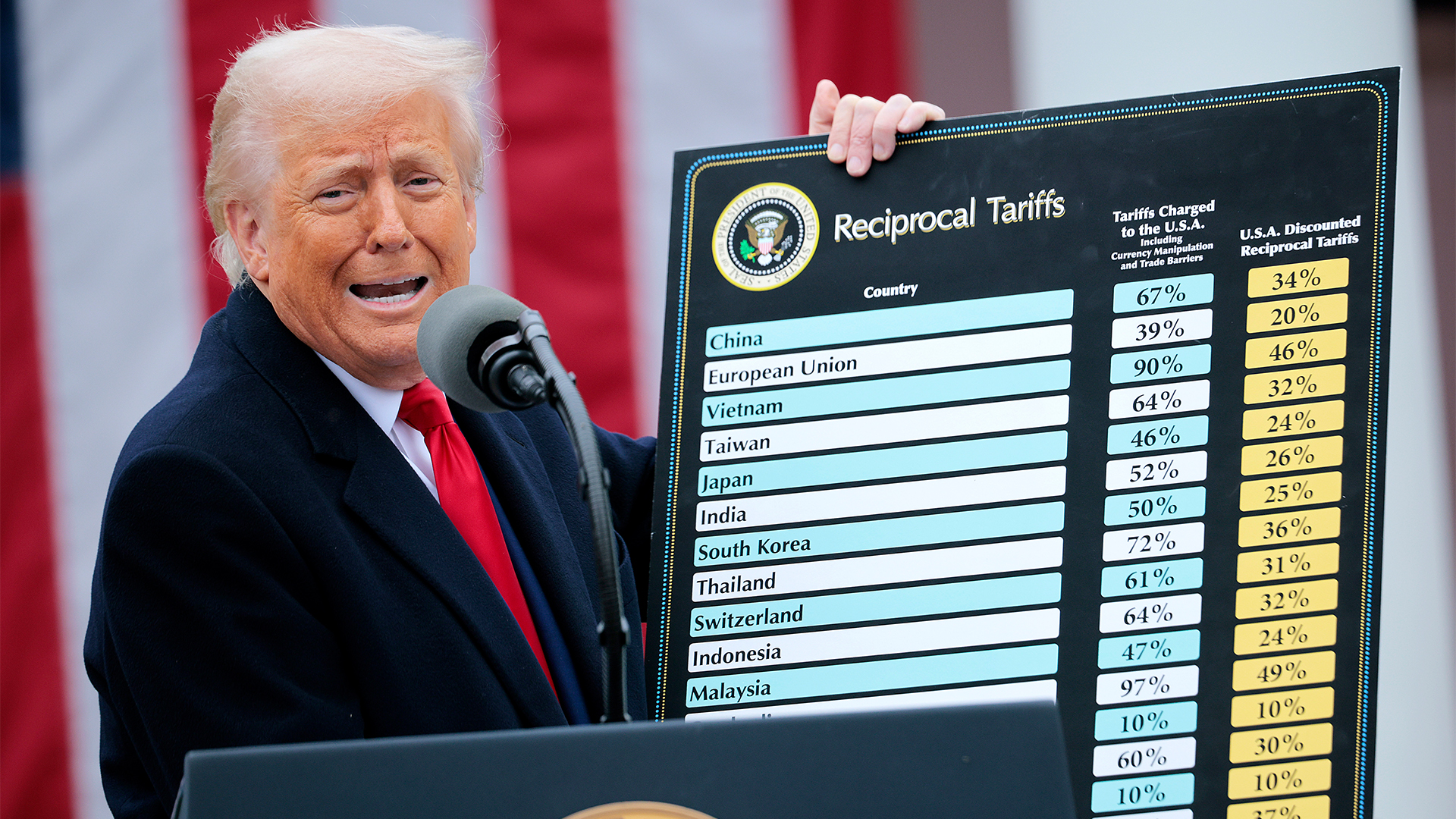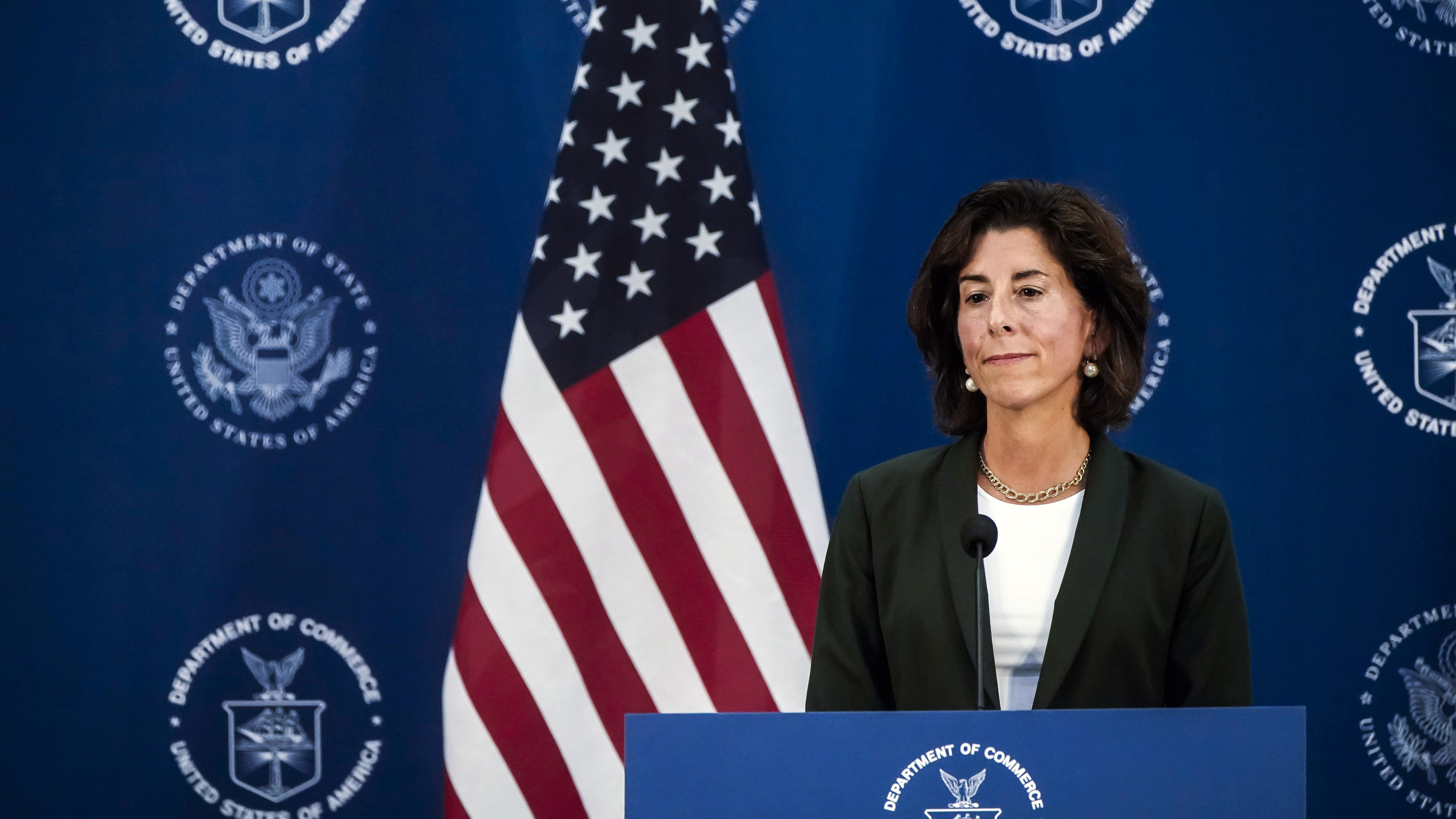FCC eyes formal ban of all Huawei, ZTE equipment sales
Approaching the deadline to pass such a ruling, companies such as Kaspersky face similar restrictions


The Federal Communications Commission (FCC) is reportedly moving to ban the sales of all new Huawei and ZTE equipment within the United States, citing national security concerns.
FCC Chair Jessica Rosenworcel circulated a letter, reportedly calling for a formal ban on the authorization of equipment from the firms.
RELATED RESOURCE

The Secure Equipment Act, passed in 2021 by the Biden administration, requires the FCC to adopt such a rule by November 11, 2022. This was spurred by the FCC’s 2020 designation of both companies as national security threats.
As a result of the designation, US telcos were rendered unable to purchase equipment from either company using federal money, but the proposed ban is set to extend this to all purchases made within the US. It is expected to be put to vote within weeks.
Equipment that has been previously approved by the FCC is unlikely to be included in the ban, which would apply to all new sales and approvals. As a result, the degree to which existing equipment will be removed from US telecommunications networks has yet to be determined.
In anticipation of removing existing equipment from the US network, the FCC created the Secure and Trusted Communications Networks Reimbursement Program (SCRP), which aims to reimburse telecommunications providers with 10 million or fewer customers for the expense of removing and replacing Huawei and ZTE equipment within their networks, obtained before June 30, 2020.
In February, the FCC notified Congress that providers requested $5.6 billion from the program. $1.9 billion dollars has currently been allocated by Congress for the program’s purposes.
Sign up today and you will receive a free copy of our Future Focus 2025 report - the leading guidance on AI, cybersecurity and other IT challenges as per 700+ senior executives
“We’ve received over 181 applications from carriers who have developed plans to remove and replace equipment in their networks that pose a national security threat," stated Rosenworcel to Congress, in February.
"While we have more work to do to review these applications, I look forward to working with Congress to ensure that there is enough funding available for this program to advance Congress’s security goals and ensure that the U.S. will continue to lead the way on 5G security.”
On March 12, 2021, the FCC added five Chinese tech firms to its ‘Covered List,’ which designates companies that “pose an unacceptable risk to the national security of the United States or the security and safety of United States persons". These included Huawei and ZTE, as well as Hytera, Hikvision, and Dahua.
In 2022, Kaspersky Lab, China Mobile, China Telecom, Pacific Networks, and China Unicom were added to the list. Beyond Huawei and ZTE, a ban on equipment could apply to all companies listed, and include the subsidiaries and affiliates of all the companies named.
In the UK, similar moves have been underway since 2020 - and speculated for longer - when the government ruled that for national security reasons, all Huawei equipment must be removed from the UK 5G network by 2027.
In an October 13 notice by the Department for Digital, Culture, Media & Sport (DCMS), the government affirmed this decision as law, and sent legal notices to 35 UK network operators with the expected timeline of removal.
Over the summer, BT asked for an extension to the deadline by which it has to remove all Huawei equipment from the telecoms network core, citing delays driven by COVID-19. In light of this, the government has announced that firms will now have until December 31, 2023 to complete the task.
IT Pro has approached the FCC, Huawei, and ZTE for comment.

Rory Bathgate is Features and Multimedia Editor at ITPro, overseeing all in-depth content and case studies. He can also be found co-hosting the ITPro Podcast with Jane McCallion, swapping a keyboard for a microphone to discuss the latest learnings with thought leaders from across the tech sector.
In his free time, Rory enjoys photography, video editing, and good science fiction. After graduating from the University of Kent with a BA in English and American Literature, Rory undertook an MA in Eighteenth-Century Studies at King’s College London. He joined ITPro in 2022 as a graduate, following four years in student journalism. You can contact Rory at rory.bathgate@futurenet.com or on LinkedIn.
-
 UK’s ‘Tech Prosperity Deal' with US hits rocky ground
UK’s ‘Tech Prosperity Deal' with US hits rocky groundNews The US has reportedly threatened to pull out of the deal over the Digital Services Tax and broader economic disagreements
-
 UK firms are pouring money into AI, but they won’t see a return on investment unless they address these key issues
UK firms are pouring money into AI, but they won’t see a return on investment unless they address these key issuesNews An SAP report projects increased AI investment, but cautions that too many organizations are taking a fragmented approach
-
 ‘The UK must position itself as the destination of choice’ in wake of H-1B visa crackdown, tech policy group says
‘The UK must position itself as the destination of choice’ in wake of H-1B visa crackdown, tech policy group saysNews The UK has a massive opportunity to capitalize on the US government’s H-1B visa changes
-
 Intel makes high-level hires while factory workers are warned of layoffs
Intel makes high-level hires while factory workers are warned of layoffsNews The company is appointing four senior executives as part of efforts to refocus on engineering and customer relationships
-
 UiPath names Simon Pettit as new AVP for UK and Ireland
UiPath names Simon Pettit as new AVP for UK and IrelandNews The seasoned leader will spearhead region-specific transformation projects as UiPath looks to drive operational growth and customer engagement
-
 IDC warns US tariffs will impact tech sector spending
IDC warns US tariffs will impact tech sector spendingNews IDC has warned that the US government's sweeping tariffs could cut global IT spending in half over the next six months.
-
 US government urged to overhaul outdated technology
US government urged to overhaul outdated technologyNews A review from the US Government Accountability Office (GAO) has found legacy technology and outdated IT systems are negatively impacting efficiency.
-
 US proposes new ‘know-your-customer’ restrictions on cloud providers
US proposes new ‘know-your-customer’ restrictions on cloud providersNews The US aims to stifle Chinese AI competition with new restrictions on cloud providers to verify foreign data center users

